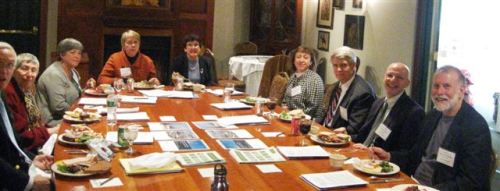by Ilana Schoenfeld, Program Associate, Second Nature
 Last week, Steve Muzzy and I attended an event hosted by E2/NRDC called “And A Child Shall Lead Us: How Students and Universities Are Leading on Climate Change.”
Last week, Steve Muzzy and I attended an event hosted by E2/NRDC called “And A Child Shall Lead Us: How Students and Universities Are Leading on Climate Change.”
E2 (Environmental Entrepreneurs) is a national community of business leaders and professionals committed to protecting the environment in ways that build economic prosperity. NRDC’s policy and science experts work in partnership with E2 to identify critical environmental issues, key players, and strategic actions. Members of E2 are called upon to work with public officials to influence state and national policy—leveraging their business expertise to highlight the economic benefits of environmental policies.
We were thrilled to hear the work of the ACUPCC highlighted at this event. The speakers at the event included:
Read more
 I understand the important work that each of you perform for your institutions every day, and would like you to know that the Department of Education is a strong leader and partner in these efforts. We are developing a ‘Green Team’ to help facilitate environmental literacy efforts, and President Obama has placed resources in the 2011 education budget specifically to support environmental literacy.
I understand the important work that each of you perform for your institutions every day, and would like you to know that the Department of Education is a strong leader and partner in these efforts. We are developing a ‘Green Team’ to help facilitate environmental literacy efforts, and President Obama has placed resources in the 2011 education budget specifically to support environmental literacy.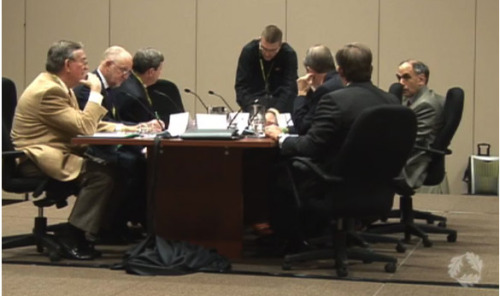
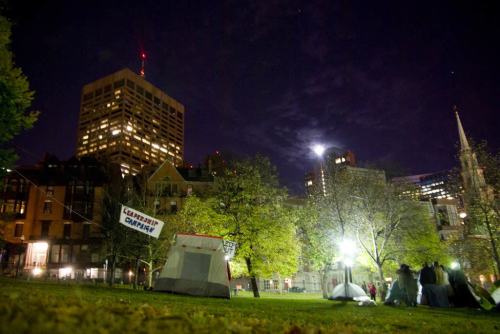
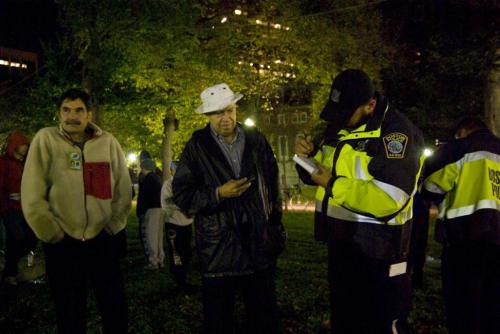
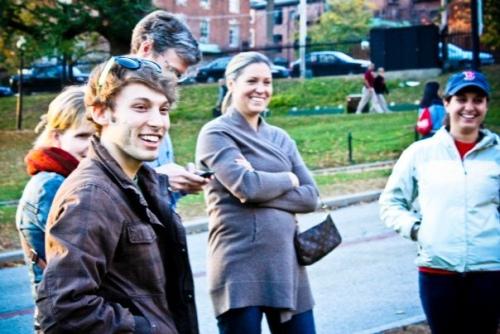

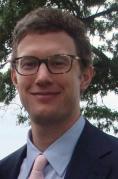 Last Friday Tony and I had the privilege of heading up to beautiful Freeport, Maine (in a Prius ZipCar, of course!) to meet with a group of college and university presidents who had gathered for a sustainability-themed meeting of the
Last Friday Tony and I had the privilege of heading up to beautiful Freeport, Maine (in a Prius ZipCar, of course!) to meet with a group of college and university presidents who had gathered for a sustainability-themed meeting of the 